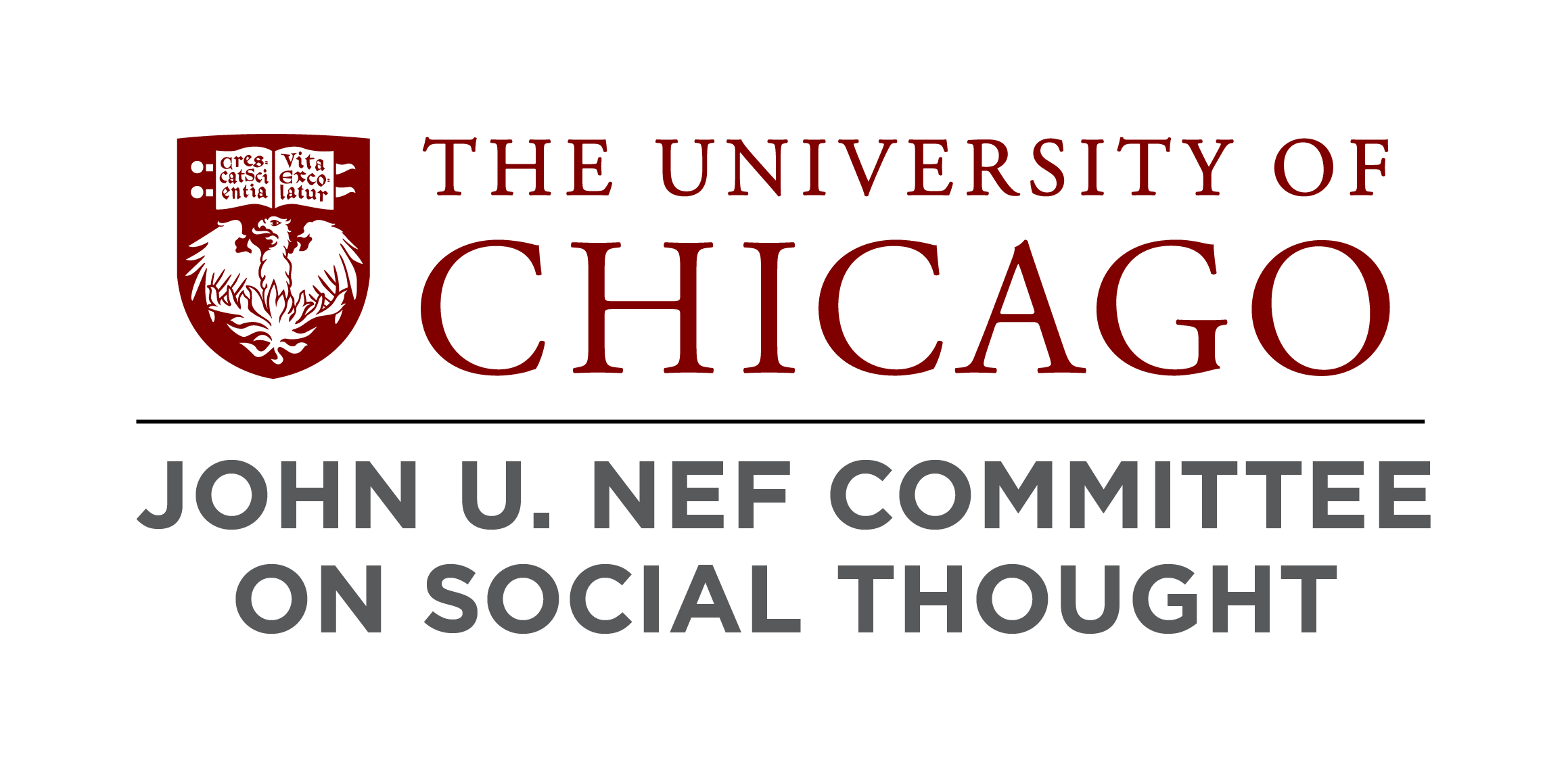News
View All NewsEvents
View All Events4:30 – 6:00 p.m. CST
Foster 505
By Joshua Billings
Professor, Classics and Comparative Literature, Princeton University
Scholarship on atheism in classical Athens has reached an impasse, with irreconcilable views on its definition and extent. The talk shifts perspective by adopting a phenomenological approach, viewing atheism through the modern lens of a “moral panic,” and reassessing the surviving evidence. At stake, it is argued, is less the existence of the gods than what humans expect from divinity, and how these expectations are or are not fulfilled, particularly when it comes to justice. Understanding the importance of questions of theodicy to fifth-century thought allows for a new theological dialectic to emerge, in which atheism is one part of a much wider inquiry into divinity and traditional belief.
4:30 – 6:00 p.m. CST
Foster 505
By Tae-Yeoun Keum
Assistant Professor, Political Science, UC-Santa Barbara
What role do canonical figureheads play in the process by which philosophical ideas gain political substance? This talk explores an interpretive shift in the reception of Plato in eighteenth-century Europe, focusing on Voltaire’s Socrate (1759), a three-act play dramatizing the trial and death of Socrates. Voltaire’s play, on my reading, represents an effort to offer a new political extension of a recent epistemological realignment in interpretations of Plato’s philosophy. Plato’s eighteenth-century readers developed an understanding of his epistemology that negotiated a compromise between Neoplatonism and Academic Skepticism. Working out the political ramifications of this compromise, I believe, was central to Voltaire’s reimagination of Socrates’s trial.
Socrate calls attention to a neglected dimension in which the contingencies of historically situated, idiosyncratic interpretations can bear out in the dynamics of disciplinary canons: how authors’ philosophical receptions interact with their receptions in political thought. At the same time, the play also offers a case study of an intervention in the symbolic meanings of Plato, one in which the deep-rooted associations he accrued in two ancient traditions that claimed him as a figurehead were reshuffled in a distinctly modern, political key.
 THE UNIVERSITY OF CHICAGO
THE UNIVERSITY OF CHICAGO




